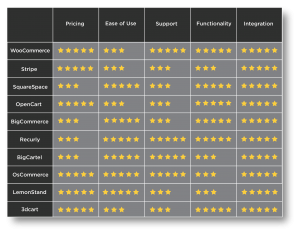![Busting Company Culture Myths [Infographic] Busting Company Culture Myths [Infographic]](https://www.onlinesalesguidetip.com/wp-content/uploads/2019/10/Busting-Company-Culture-Myths-Infographic.jpg)
Made with Venngage Infographic maker
Company Culture describes the overall atmosphere of a culture. And whilst this might not seem important, it’s time to take company culture into account, especially if you’re trying to recruit millennials.
Company culture references the specific ‘vibe’ each company has grown in to. This can be a combination of an atmosphere, a work ethic, a social calendar, and (frankly) how much your employees like hanging out after work (and what they do within that time). It’s been a long standing myth that company culture means ping pong tables and dogs in the office, but the culture can be as simple as going to a trivia night once a week, or having employees that like each other so much they hang around after work for a drink or two.
But before you adopt company culture it’s time you ditched some of the myths surrounding it. Better performance within your company doesn’t mean an improved company culture. And older companies don’t have a monopoly on culture, compared to newer companies.
Your company culture needs to come from above with your CEOs and Managers devoting as much energy to employees as they do to profits, and with company culture buy in starting from your new employees very first day.
When analyzing company information from Glassdoor and MIT, Venngage analyzed 500 top rated and influential companies to truly prove once and for all what was the maker of good company culture, and what didn’t stand up to the ‘company culture’ test. Venngage put 8 popular ‘company culture’ myths to the test, looked at the data, and proved that what we think we know about ‘company culture’ is often just make believe, and that in fact any culture can change and improve its culture if it is committed.
So, looking at these 8 myths, it’s time to re-evaluate what company culture means to your organization.
Digital & Social Articles on Business 2 Community
(58)
Report Post







